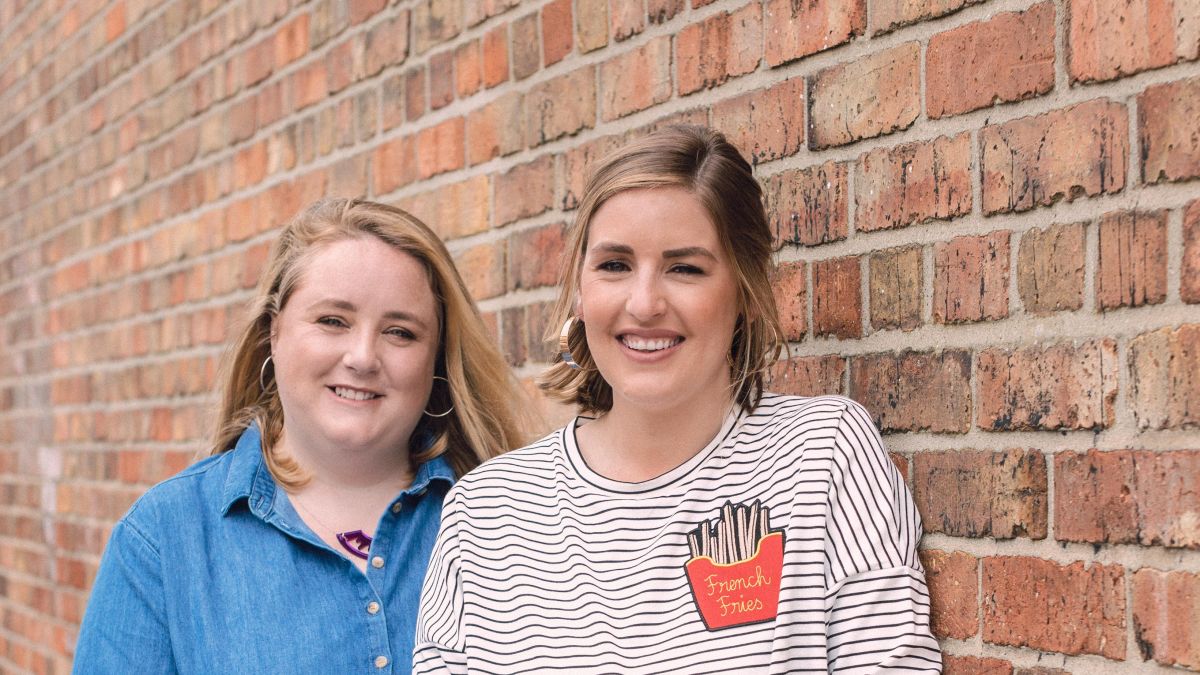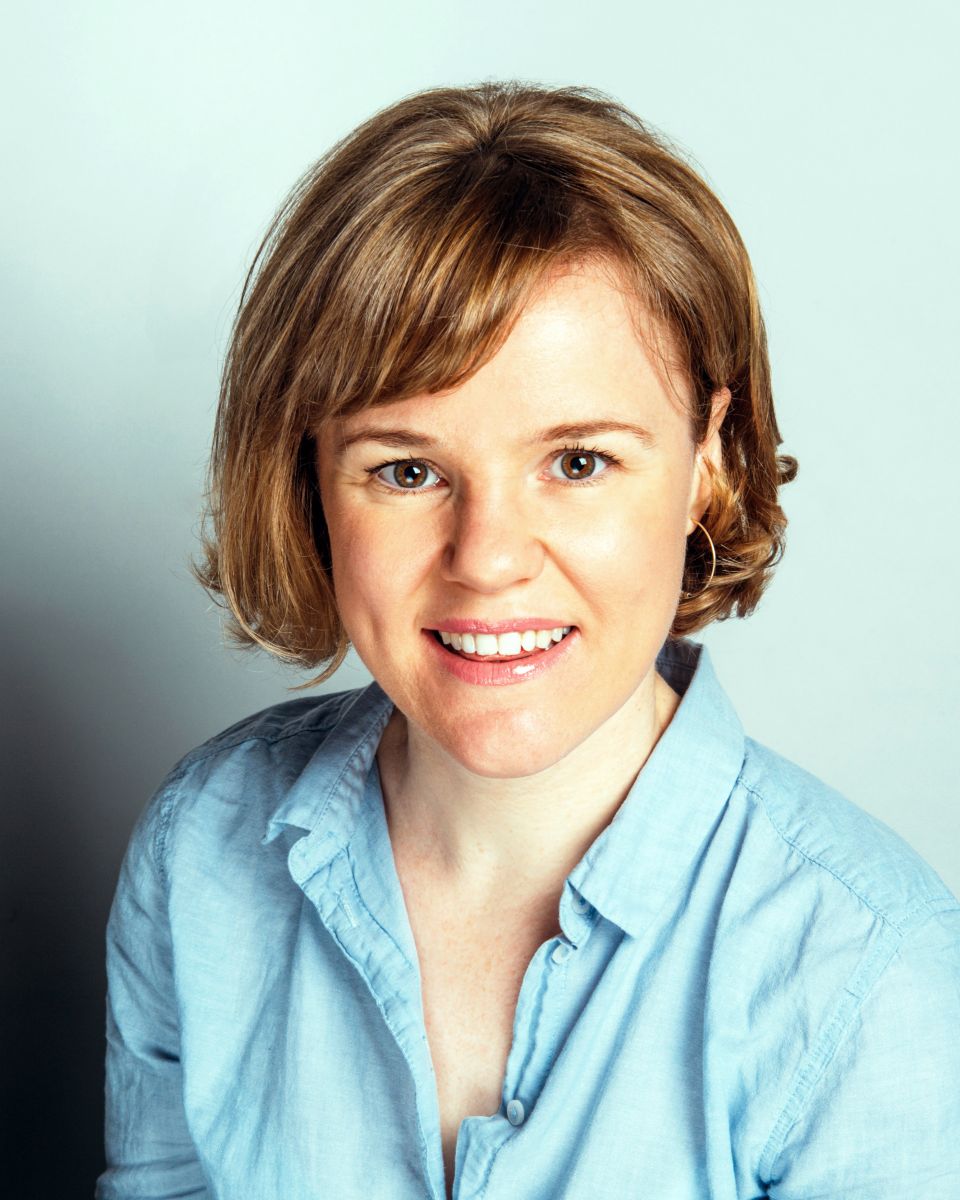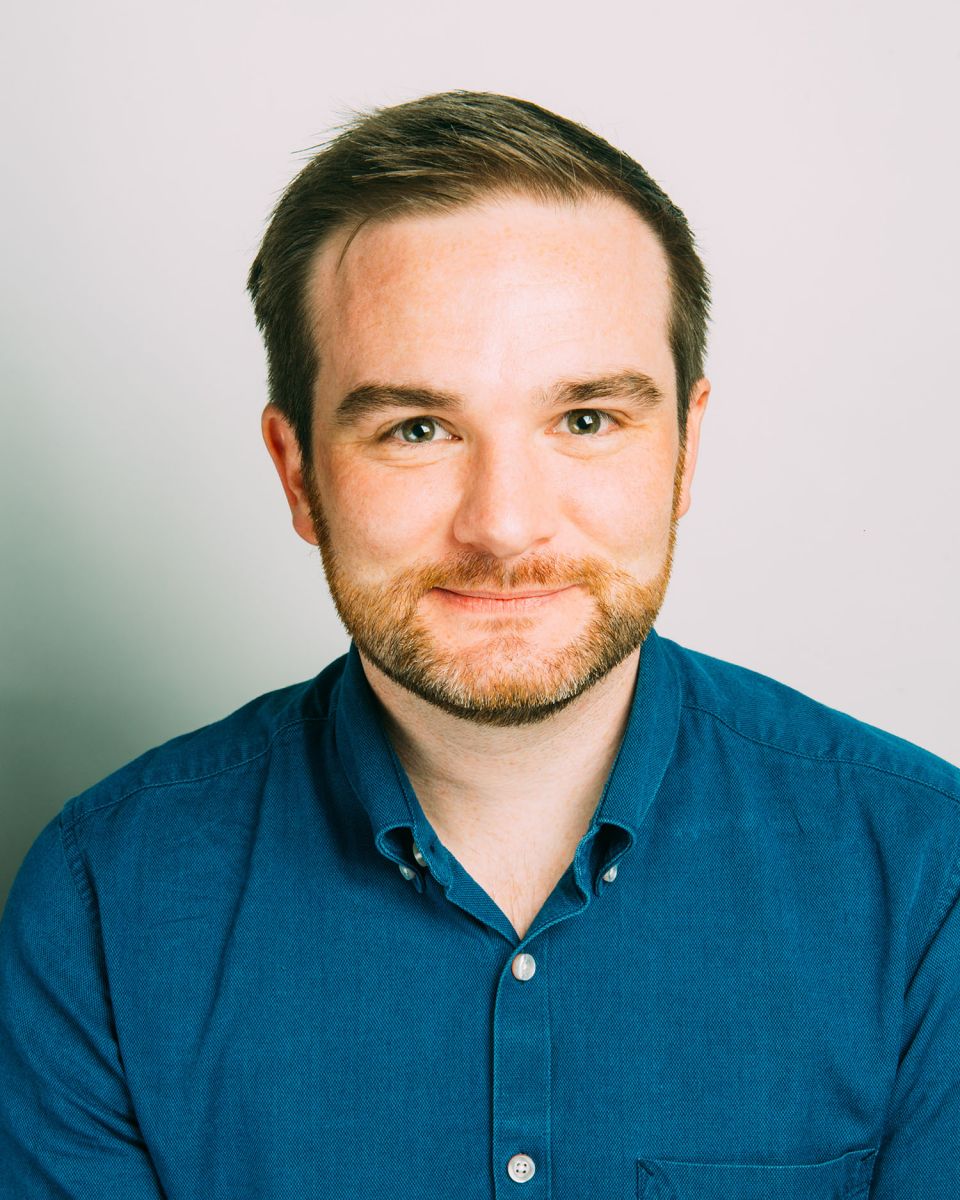You are viewing your 1 free article this month. Login to read more articles.
Breen and McLysaght on 'Aisling's' transformation from Facebook joke to bestselling franchise
Success, the saying begins, has many fathers, and that is certainly the case for the Complete Aisling phenomenon—though mothers might be a bit more accurate, gender-wise, in this instance.
Authors Sarah Breen and Emer McLysaght’s creation—described as the "Irish Bridget Jones"—has been far and away the biggest breakout Irish fiction success of recent vintage. The two editions of Oh My God, What a Complete Aisling (Gill Books) are closing in on 57,000 units sold through Nielsen BookScan in Ireland since first being published in September last year, with just over 20,000 of those sales coming in 2018; the title has earned nine overall number ones in Ireland, too. UK rights went to Michael Joseph in a six-figure deal, a film is in the works, and a second title, The Importance of Being Aisling, will be published in Ireland on 21st September.
But it was no overnight success. The path to publication was long—almost 10 years in the making—and buoyed by hard and clever graft by Gill, as well as ringing celebrity endorsements. The route bringing Aisling to the page was also very 21st century. College friends Breen and McLysaght (pictured below) dreamt up the character of Aisling on "one hungover Saturday morning" in 2008. Aisling comes from "culchie" (countryside) roots and has moved to Dublin. She’s a sort of eminently sensible, young, Irish everywoman, one who enjoys a night out but will mind the bags at the pub and who "doubles up on contraception—uses both anti-babby pills and French letters".

McLysaght says: "It started with brown mascara. Putting brown mascara on eyelashes seems very redundant, so we were wondering who the people were who were that low-key that they were putting brown mascara on. We decided it was this particular kind of girl, and we called her Aisling and gave her all these attributes. It started off just as a joke, and it kind of built into a bigger and bigger joke, and we started telling our friends about Aisling, and what she would and wouldn’t do, and we would say to them, ‘Oh you’re such an Aisling’."
The joke morphed into an Aisling invite-only Facebook page which soon many people were clamouring to join (it now has over 50,000 members). Breen says: "We both remember the day somebody we didn’t know became a member of the group and we were like, ‘Oh! Who’s this person?’, and it just spread. A couple of years later, Emer was in a pub and she heard somebody describe the person next to her as
an Aisling, and that was the first time we realised that it was in the vernacular."
Two people who became aware of Aisling were Gill marketing and communications manager Teresa Daly and commissioning editor Conor Nagle (pictured below). Daly realised it was really taking off when she went on a Hen weekend and "all we talked about was Aisling-isms". Nagle adds: "It had a real cult status. I remember not yet being accepted into the Facebook group and I had this incredible fomo [fear of missing out]."
Nagle signed up Breen and McLysaght, at first with a view to bringing out a humour title with illustrations. Breen says: "Emer and myself kind of mulled it over, and we saw a book as an opportunity to bring Aisling to a wider audience outside Facebook. Worst case scenario, we would make a show of ourselves, and best case scenario, we’d have a bit of craic and have a book with our names on it at the end. We really wanted to put as much as we could into it, so we kind of went back to the publisher and said, ‘How about a novel?’ Gill was taking a complete chance on us but said, ‘Okay, sure.’" Nagle slightly disagrees: "It wasn’t that much of a chance. We knew a [humour book] would probably work and stand on its own. But the more we looked at the world of Aisling—the scale of the different characters on Facebook, the nuances, the voice of Aisling herself—it really lent itself to fiction."


The road to bestsellerdom
Gill launched a comprehensive marketing, publicity and sales campaign, which included heavy social media and online activity, and notched up extensive coverage in the traditional media. Daly says: "We were so delighted when the book came in. We knew we would have a hit on our hands. Given the Aisling Facebook group, its background and the visuals we had, I thought it was a campaign we could really have fun with and put some welly into."
Yet Gill was erring on the cautious side—initial projections were for sales of 7,000 units. Why do the authors think it became such a hit? Breen says: "A lot of people say that it really uplifts them, so I think that it came at a time when a lot of women’s fiction was either really aspirational—about a woman you want to be, but are never going to be—or really, really grim—about a woman who lives a life of drudgery. So I think it came at the right time. And we had a lot of early supporters who we never could have imagined. Marian Keyes was an early adopter of the book and we are huge fans of her. I remember writing the book saying, ‘Imagine if Marian Keyes knew our book even existed’. And then she read it and championed it."
McLysaght adds: "It seems to have a very wide audience. I’ve had messages from teenagers, and we did a writers’ festival and 60, 70, 80-year-old women were coming to get the book signed. When it was on Facebook the audience was around our age, but when the book came out they shared it with their mothers, aunts and grandmothers."
Aisling has spoken
The ‘culchie’ who reached to the taoiseach
Evidence of how Aisling has captured the Irish zeitgeist can be seen in May’s referendum which repealed the country’s abortion ban. Although Breen and McLysaght began writing the book before the referendum was announced the novel has—spoiler alert—an abortion storyline. McLysaght explains: "The access to free state-legal abortion was one issue that was prominent in every young Irish woman’s life, so we felt like we couldn’t write the book and not address it."
Breen says they wanted to drive home the point that "there is no urban-rural divide for women on this issue... Aisling represents every woman." Just before the vote, "Aisling" wrote an op-ed in the Irish Independent explaining why she was voting to repeal the Eighth Amendment. Irish taoiseach Leo Varadkar—who favoured repeal and called ...Aisling his favourite book of 2017—tweeted the article, commenting: "Aisling has spoken."
This article featured in our Ireland Country Focus. For more content from this focus, click here.










